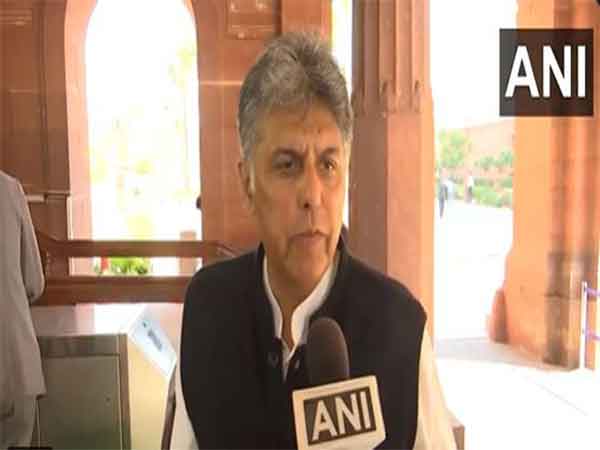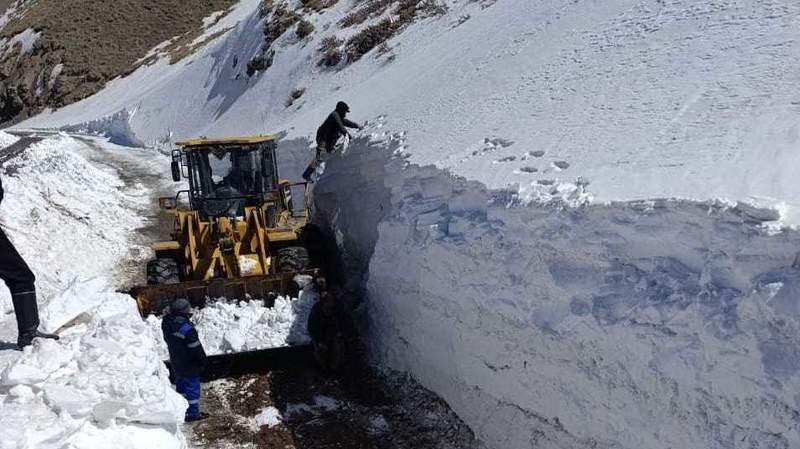
A federal appeals court has rejected the Justice Department’s claim that President Donald Trump’s pardon of crimes related to the Jan. 6, 2021 riot at the Capitol is so broad that it sweeps in convictions for illegal possession of weapons five months later. In a ruling Wednesday, the D.
C. Circuit Court of Appeals panel split, 2-1, in turning down Kentucky resident Dan Wilson’s bid to avoid reporting back to prison this week to serve the remaining time on his five-year sentence on charges of possessing an unregistered firearm and being a felon in possession of a firearm. Wilson was a member of the mob that stormed the Capitol and was charged with multiple crimes related to his conduct on Jan.

6. During the FBI’s broad criminal probe of the riot, investigators found an arsenal of illegal firearms at his home. The weapons were not connected to his involvement in the Jan.
6 attack. Barring intervention from the Supreme Court or some further action by Trump, the appeals court ruling seems likely to result in Wilson returning to prison on the weapons charges. His lawyer, George Pallas, told the appeals court that Wilson was slated to report back to prison on Wednesday.
Pallas told POLITICO he intends to appeal the ruling as far as the Supreme Court and may ask Trump to issue a new pardon to stave off Wilson’s return to prison. “By again pardoning Wilson, he will show the courts that he has the upper hand,” Pallas said, lamenting attempts by judges to “second-guess President Trump.” The panel’s majority concluded that the “plain terms” of Trump’s mass pardon for Jan.
6 defendants included only crimes directly connected to the attack on the Capitol, not those discovered by “happenstance” during the investigation of the riot. The ruling split the two Trump appointees on the panel, Judges Greg Katsas and Neomi Rao. Katsas joined Obama-appointed Judge Cornelia Pillard in taking the narrow view of the pardon.
The pardon’s “language plainly applies to related offenses — not, as here, to an offense that is only connected to January 6 by the happenstance that it was uncovered during investigation of the unrelated January 6 offenses,” the majority’s order said. Rao dissented, questioning whether judges have the authority to interpret presidential pardons and suggesting that the courts should “defer to the Department of Justice” about their scope. Shortly after Trump signed the clemency proclamation on Jan.
20, the Bureau of Prisons released Wilson. However, weeks later, the Justice Department argued that was an error because Trump’s pardon was narrow and should not be read to cover Wilson’s gun offenses. About two weeks after that, prosecutors reversed course and said the pardon was meant to absolve Jan.
6 defendants of a range of other crimes that had nothing to do with the attack. The appeals court’s decision is the latest judicial rebuke to the Justice Department’s effort to expand the scope of Trump’s clemency for a variety of Jan. 6 rioters who were convicted of other crimes based on evidence discovered during the riot investigation.
Trump has been reluctant to clarify the scope of his pardon despite questions that have perplexed the courts. The president could settle the issue by simply issuing new pardons for the additional crimes. But in the absence of further action by Trump, the courts have been working to parse the opaque language of his blanket pardon and consider the relatively thin precedents governing the way courts interpret pardons.
In recent weeks, several other Jan. 6 rioters with separate charges or convictions have seen developments in their bids to deploy their pardons broadly: — A federal judge in Florida agreed Wednesday to dismiss the case against Jeremy Brown , a retired Green Beret who was convicted of possessing classified information and grenades at his home. — The California-based 9th Circuit Court of Appeal has resisted an effort by the Justice Department to drop the conviction of defendant Benjamin Martin, who possessed guns despite a history of domestic violence.
— The Richmond-based 4th Circuit has pressed lawyers for Elias Costianes and the Justice Department to explain why Trump’s pardon should cover his illegal gun possession, for which Costianes is currently incarcerated. — A federal judge in Tennessee declined to expand Trump’s pardon to cover Edward Kelley, who was convicted by a jury of conspiring to kill the law enforcement officials who investigated him. — A judge in North Carolina agreed to postpone the criminal trial of David Daniel, who is facing charges for possession of child pornography that he says should be covered by Trump’s pardon.
Notably DOJ has argued that Trump’s pardon — despite extending to many unrelated crimes of Jan. 6 defendants — was not intended to cover the crimes of Kelley and Daniel. U.
S. District Judge Dabney Friedrich, a Trump appointee who presided over Wilson’s trial on both his Jan. 6 and gun charges, expressed frustration and bewilderment at DOJ’s shifting and inconsistent positions as she took the narrower view of the pardon.
In their opinions, both Friedrich and Rao suggested that Trump could settle the issue with some type of clarification such as an additional pardon that makes his intent clearer..











